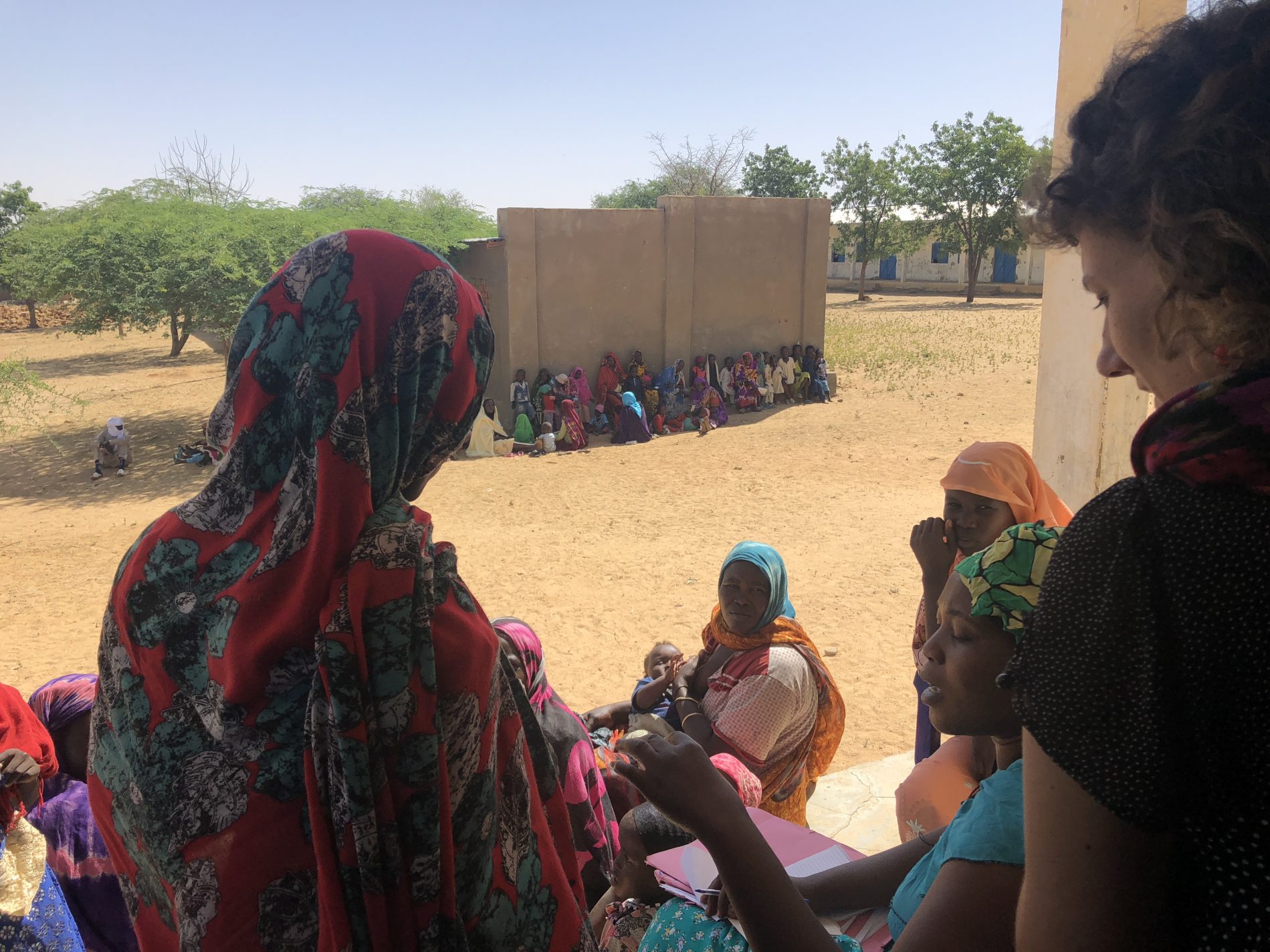Shaping the future: Our strategy for research and innovation in humanitarian response.

Shaping the future: Our strategy for research and innovation in humanitarian response.


When planning our Little Ripples survey assessment with children and their caregivers in refugee camps Mile and Kounoungou, eastern Chad, this past October, I expected to encounter some challenges in completing our assessment. Challenges around recruiting families, organising the assessment location and space in each camp, and ensuring we had enough days and hours to complete as many interviews as we needed. However, as it turned out, the challenges of recruiting families and completing interviews were not solely logistical. They were closely tied to the reality of many refugee families’ daily lives.
In February-March 2018, iACT and JRS completed the baseline survey assessment of children ages three to five in Darfuri refugee camps Kounoungou and Mile, which are in eastern Chad near the Chad-Sudan border. In total, we captured the data of 90 children about to attend the Little Ripples early childhood education program and 90 children who would not be attending Little Ripples. In October, our task was to complete the first follow-up assessment with the same groups of children.
Over the week, families arrived early in the morning at the school where we had a room converted into our interview space. As days went on, we noticed a much lower turn-out than during our previous assessment earlier in the year. We only partially reached our quota of 90 families per camp, and wondered, “Why? What was different about this assessment?”
In speaking with families and our refugee assessment team, we came to understand that the families in these two camps have been trying to adjust to the reduction in World Food Programme food rations; therefore, they have been spending more time outside the security of their camp in order to cultivate crops on small plots of rented land and find other means of obtaining sustenance.
Throughout our assessment week, it became apparent that families are now, more so than in previous years, simply focused on surviving. The majority of the families we interviewed reported that their food rations last fewer than two weeks, leaving them stressed to find other sources of food to ensure their children are eating two meals a day for the remainder of the month.
For the Little Ripples assessment, we measure the weight and height of children and document physical observations that indicate malnutrition. In the coming months, we’ll be analysing the results from the surveys.
I’ve realised that while we may not have interviewed as many families as intended, the logistical challenges I had expected in completing our assessments now feel insignificant to the very real challenges Darfuri refugees face living in refugee camps in this isolated part of the world.
Feature Photo Caption: JRS education staff, Rosine and Anna, helping coordinate the Little Ripples assessment in Kounoungou camp. Credit: Sara-Christine Dallain.


 Please upgrade your browser
Please upgrade your browser
You are seeing this because you are using a browser that is not supported. The Elrha website is built using modern technology and standards. We recommend upgrading your browser with one of the following to properly view our website:
Windows MacPlease note that this is not an exhaustive list of browsers. We also do not intend to recommend a particular manufacturer's browser over another's; only to suggest upgrading to a browser version that is compliant with current standards to give you the best and most secure browsing experience.